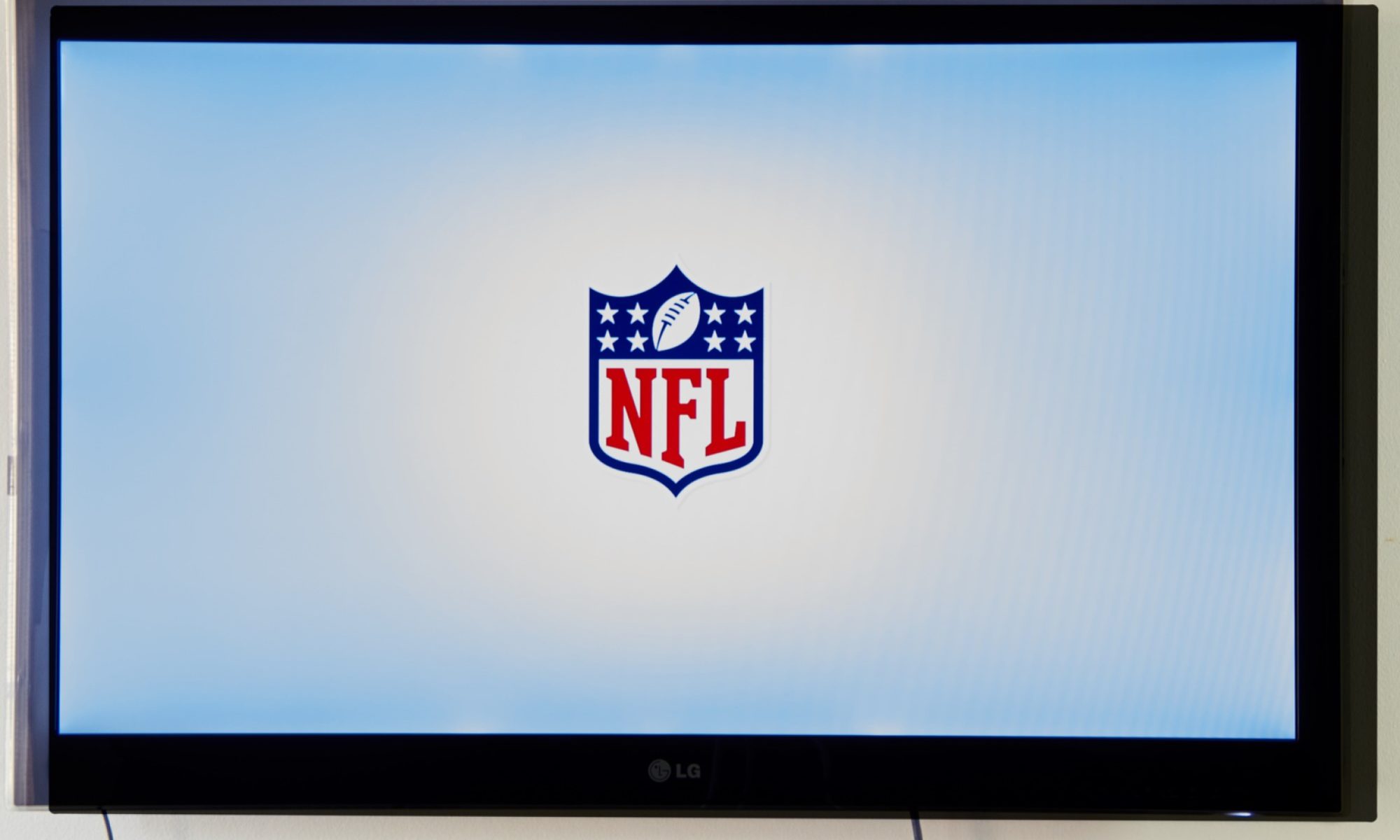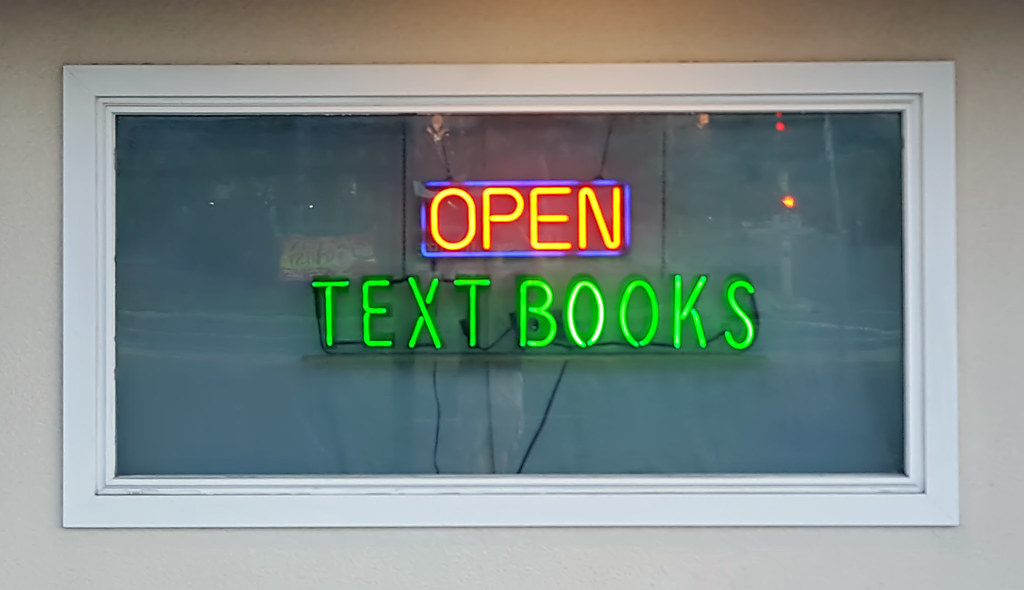Z-library held millions of digital books and articles, all downloadable for free. In early November, multiple domain names used by Z-library were seized by the United States Government. The details of the story are still developing, although one likely contributing factor was the popularity of the Zlibrary channel on TikTok.
This is merely the latest bout in an ongoing political (and ethical) tug-of-war between freedom of information and intellectual property rights. Or, put more bluntly, between pirates and copyright holders.
Is digital piracy the same as theft? Are artists and scientists harmed? What tangible benefits does open information deliver?
Few would dispute that stealing is wrong. If someone takes a book from a bookstore, someone is deprived of that good. Moreover, the bookstore loses out on any profit associated with that good, as that book can no longer be sold to another customer. Finally, the means of stealing, such as breaking and entering and the threat of violence, can incur yet further harms to the victim.
But digital piracy does not fit this formula. If someone downloads an online version of a book without authorization, no author or bookstore has lost a copy. What exactly is being stolen? At most, if the person who pirated the book would have bought it instead, we can say that people/businesses have lost potential income. Presumably, many pirated books (and songs, and games, and movies) are acquired only because they are free. A person mildly curious about Colleen Hoover’s Reminders of Him might pirate the book, even if they would not spend money on it at a bookstore. In cases like these, there is no lost profit because the curious person would not have purchased the book had no pirated version been available.
In some cases, piracy is not only economically harmless but arguably laudable. Consider a physician in a developing economy who uses a resource like Z-library to access crucial medical information they would not otherwise be able to afford. In such cases, there is both no economic harm and an important social benefit. Furthermore, because of the nature of digital piracy, no one else is losing out on these goods.
But defensible cases of digital piracy do not automatically justify the practice. Even if digital piracy is not quite the same as stealing, it can still be ethically problematic.
Plausibly, stealing from a bookstore is bad not just because of the physical loss of property, but because of the harms associated with loss of profit. Under this account, the ethically problematic action is pirating media you would have bought instead. There may be similar harmful opportunity costs associated with pirating instead of, say, frequenting a local library. Not all loss of profit is equal though. A struggling artist and a giant publishing company are going to be harmed by lost sales differently.
So far, we have focused on whether it is wrong for an individual to pirate digital media. However, we can shift the perspective and instead consider pirating at a larger scale. The overall economic effect of pirating on industries is surprisingly complex. What portion of pirated goods would people have bought? How much does pirating actually reduce profits? Can it raise awareness of a product and paradoxically increase sales? Can it hurt in some areas (e.g., album sales) while helping in others (e.g., attendance at live shows)? Can it save people money which they then invest back in the same industry? Can it spur innovation to stay ahead of pirating? What is the human impact of reduced profits? The effects and harms (when present) of digital piracy will look different between industries, companies, stores, and even individuals.
However, there are presumably some instances where pirating is so easy and pervasive that it represents a substantial threat to certain industries and those that work in them. In these cases, a government may sensibly take action to deter pirating, such as seizing domain names to preserve a well-regulated economy, even if it has no intention of going after individual people for digital piracy.
Determining the point at which pirating represents such a significant threat may be contentious. It can also be challenging to parse whether what is being protected are scientists, artists, writers, and musicians, or merely a specific business model.
For example, scientists have long expressed frustration with the astoundingly profitable business of scientific publishing, which generally pays neither authors nor reviewers. (The academic publishing situation has become more complex since the rise of open access.)
Beyond considerations of how much harm piracy causes, what about ethical arguments supporting piracy? Might it be defensible as a social good? One function that shadow libraries such as Z-library serve is to remove art and science from the control of gatekeepers like publishing companies. For many people – whether due to personal resources or location – songs, books, movies, and science would simply be unavailable without digital piracy. Academic pirating sites such as sci-hub are widely used in countries where universities can’t afford expensive journals.
For those that believe knowledge should be widely available, this is a clear benefit of piracy and the raison d’être of sites such as a sci-hub, which boldly declares “access to information is a human right.” The view is not, in fact, so radical. The Universal Declaration of Human Rights states, “Everyone has the right to freedom of opinion and expression; this right includes freedom to hold opinions without interference and to seek, receive and impart information and ideas through any media and regardless of frontiers.”
Deciding what, precisely, this right demands is more contentious. Just as one can’t yell “fire” in a crowded theater, one’s liberties have to be balanced against others’ rights and tailored to circumstance.
The knowledge that one can demand is constrained by consideration of what it takes to produce it. Sometimes information is construed to mean primarily government information, as opposed to all information. So, how much information should we have access to? Does a cost interfere with a right to information? How do barriers, like cost, interact with inequality? Should this right apply to art and fiction or just information? Do business owners, artists, musicians, and writers have competing rights?
Z-library began largely as a collection of academic books and articles but ultimately grew to include all kinds of texts. While not every specific instance of piracy is ethical or harmless, on-balance the effect of making science, books, music, and movies widely available might be considered worth it. Again, the details matter and an overall evaluation depends on what is being pirated, how, and by whom. Perhaps releasing publicly funded scientific research from private gatekeepers makes sense – something which has since become U.S. policy – whereas pirating novels does not.
Finally, digital piracy can potentially be defended as a form of civil disobedience (or uncivil disobedience) against industries, laws, and policies that are believed to be unjust. Civil disobedience is a complex topic all on its own, and our evaluation of piracy as civil disobedience will undoubtedly turn on both general ethical thoughts on civil disobedience and the legitimacy of the aims of those fighting for freedom of information. However, at a minimum, civil disobedience must involve some measure of intent. Not wanting to pay for the fourth season of Westworld, while perhaps signaling dissatisfaction with the current business setup (or Westworld), is hardly a deliberate political act of disobedience meant to challenge current injustices.
Notably though, for activists with sincere aspirations of creating a world in which anyone (with internet), no matter their country or resources, can have access to the world’s incredible wealth of information, piracy is a means not a goal. Even for those opposed to digital piracy, as a political action it invites us to consider how else artists, writers, and musicians could be supported, scientific findings disseminated, and cultural goods shared.




